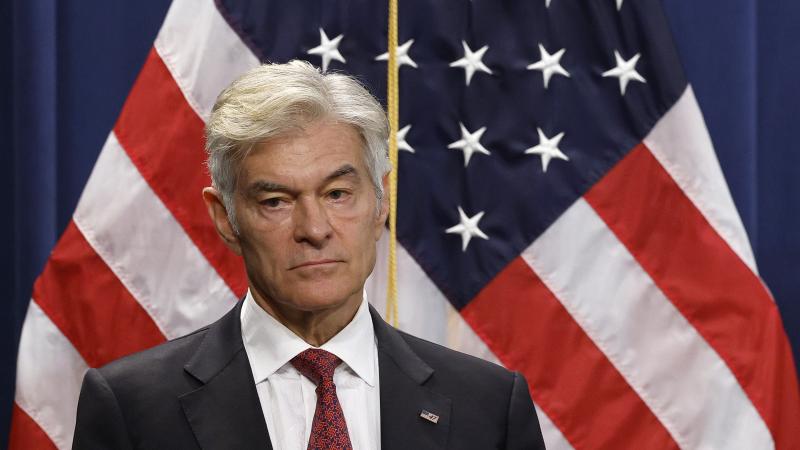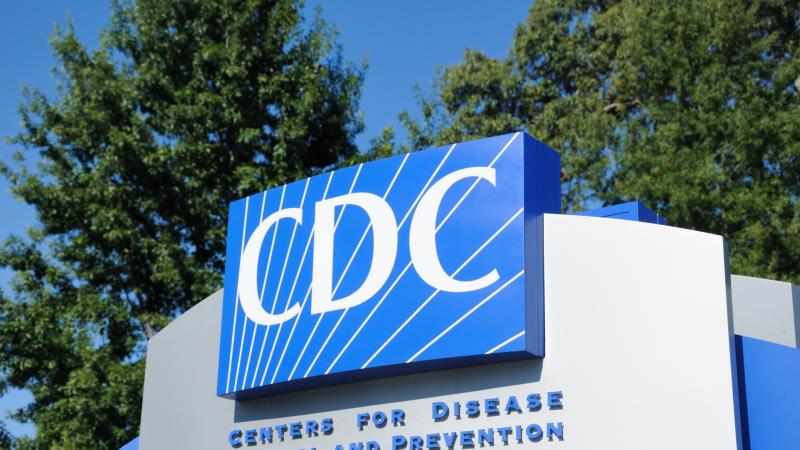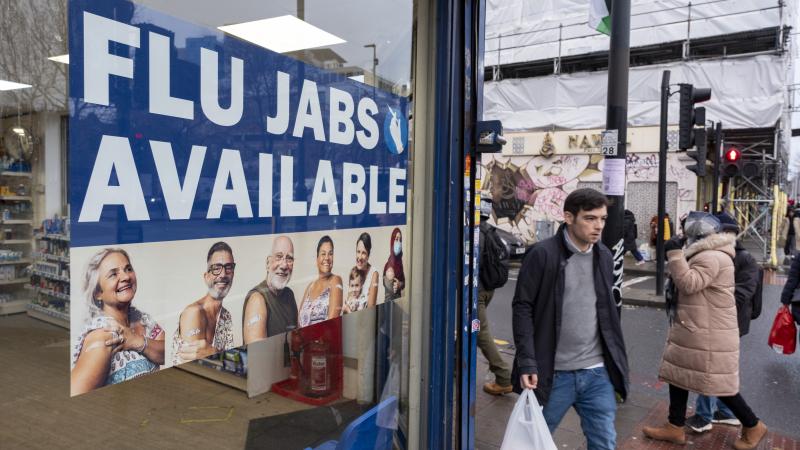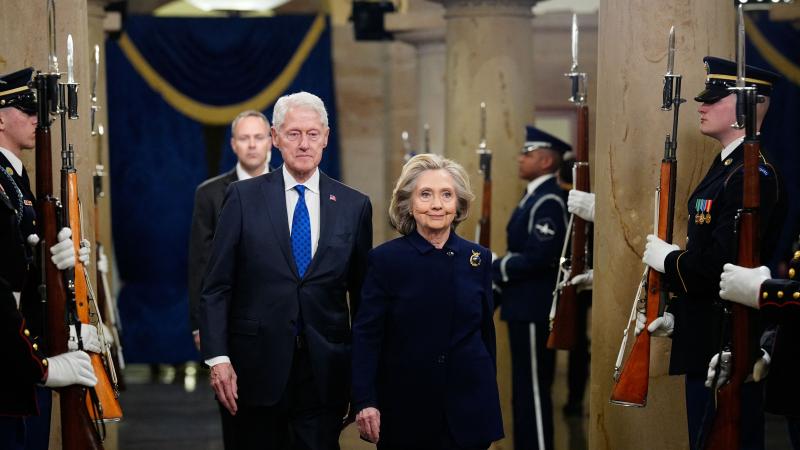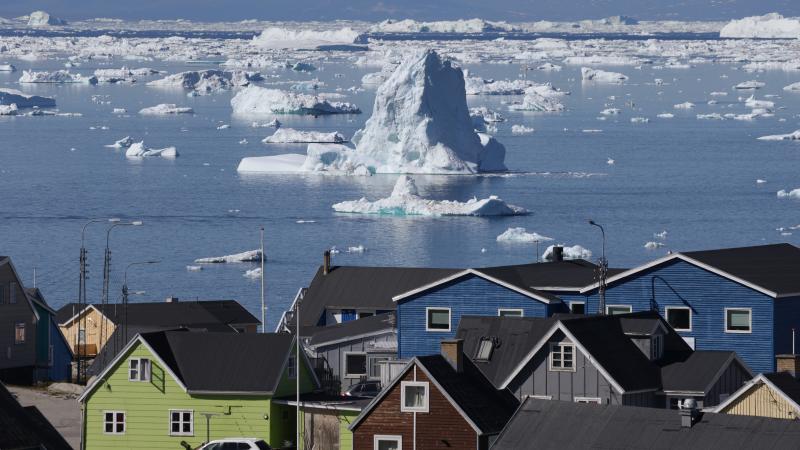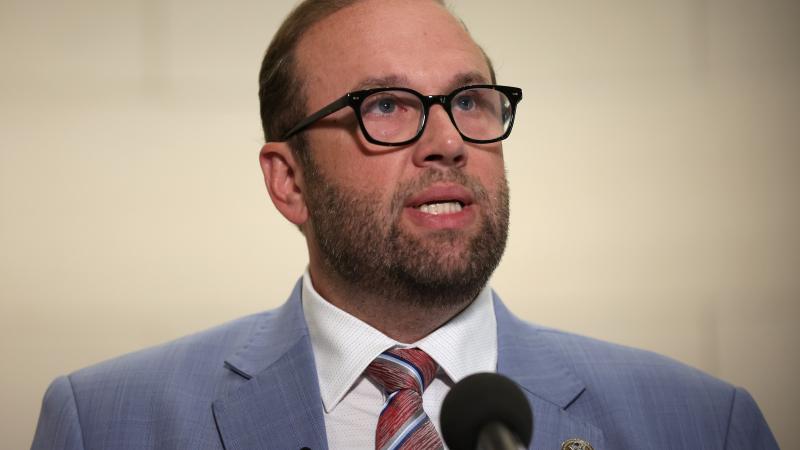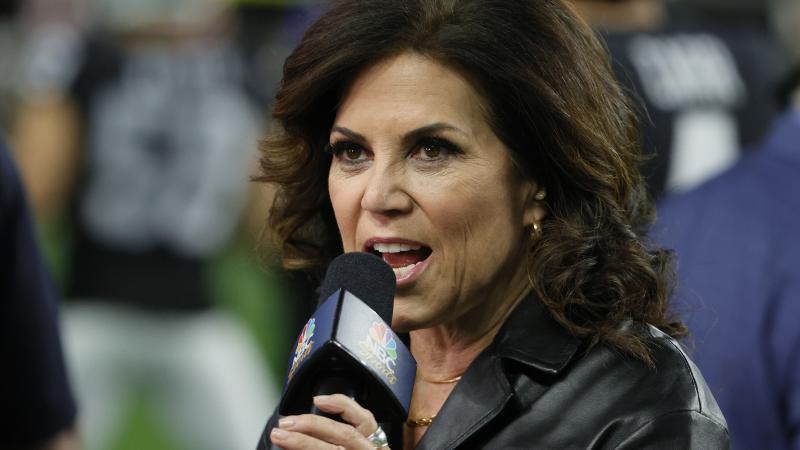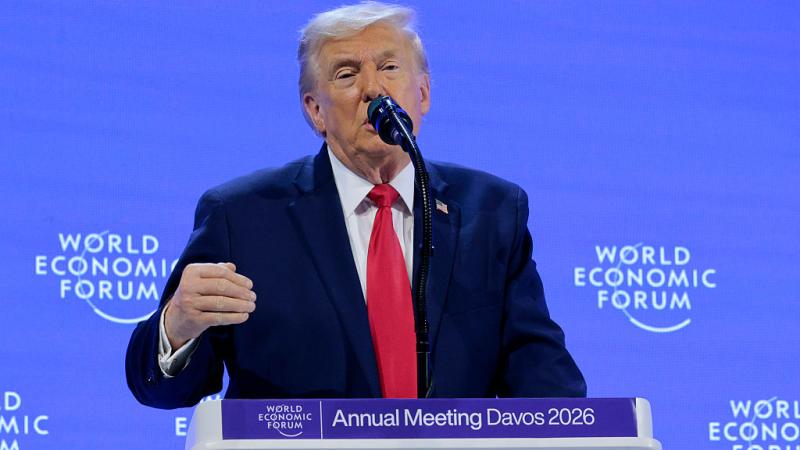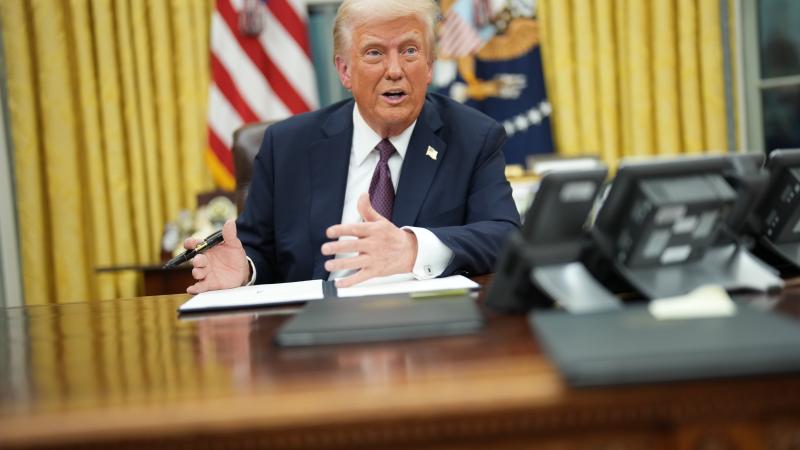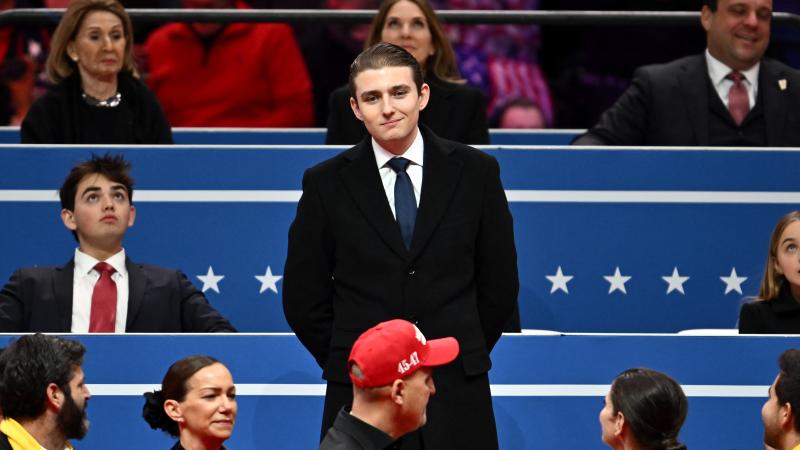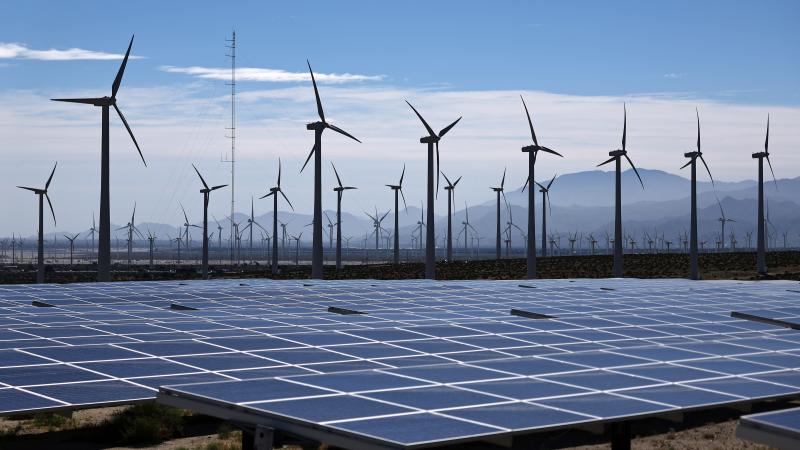FDA approves Pfizer boosters for 16-17 year olds; WHO opposes boosters for general population
The FDA expanded eligibility for the Pfizer COVID-19 vaccine booster, but the WHO is pushing equity of distribution over a third dose.
The U.S. Food and Drug Administration (FDA) authorized Pfizer's COVID-19 vaccine boosters for teenagers ages 16 and 17, but the World Health Organization (WHO) still opposes booster shots for the general population.
The expanded eligibility came on Thursday after the FDA amended an existing emergency use authorization on the Pfizer-BioNTech vaccine.
"As people gather indoors with family and friends for the holidays, we can’t let up on all the preventive public health measures that we have been taking during the pandemic. With both the delta and omicron variants continuing to spread, vaccination remains the best protection against COVID-19," Acting FDA Commissioner Dr. Janet Woodcock said.
The news comes less than a month after the FDA authorized single booster doses to those 18 and older.
Anyone who receives a booster is recommended to wait until six months after his or her first round of COVID vaccines.
FDA's Dr. Peter Marks said, "Since we first authorized the vaccine, new evidence indicates that vaccine effectiveness against COVID-19 is waning after the second dose of the vaccine for all adults and for those in the 16- and 17-year-old age group. A single booster dose of the vaccine for those vaccinated at least six months prior will help provide continued protection against COVID-19 in this and older age groups."
The same day the FDA expanded the booster eligibility, the WHO recommended boosters only for people who are immunocompromised or received an inactivated COVID-19 vaccine such as China's Sinovac Biotech and Sinopharm, as well as India's Bharat Biotech.
For weeks, the WHO has stood firmly against booster shots for the general public. In September, the global health organization called for a moratorium on boosters until the end of 2021 so that the extra doses could be distributed to developing nations.
Reuters reported that on Tuesday, WHO Strategic Advisory Group of Experts chair Alejandro Cravioto emphasized the need for "equity in distribution" of vaccines and emphasized that a third dose should only be given to those who need it.
In light of omicron, on Wednesday WHO chief scientist Soumya Swaminathan said: "The boosters are, unfortunately, probably not the solution to this." She explained that while the WHO will not rule out boosters for the future, the emphasis should be on vaccinating everyone first, according to U.S. News & World Report. The unvaccinated account for most COVID deaths globally.
Some scientists are cautiously optimistic about omicron. So far, no COVID deaths have been linked to the omicron variant. Early studies show that symptoms of omicron may be less severe than other COVID strains, and as of Wednesday, only one person in the United States has been hospitalized due to the new variant.
